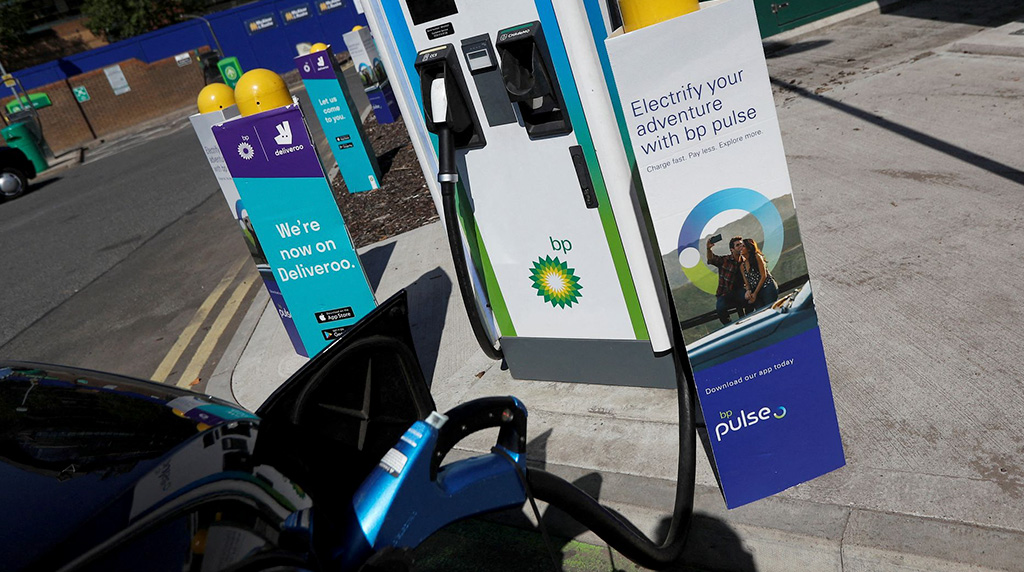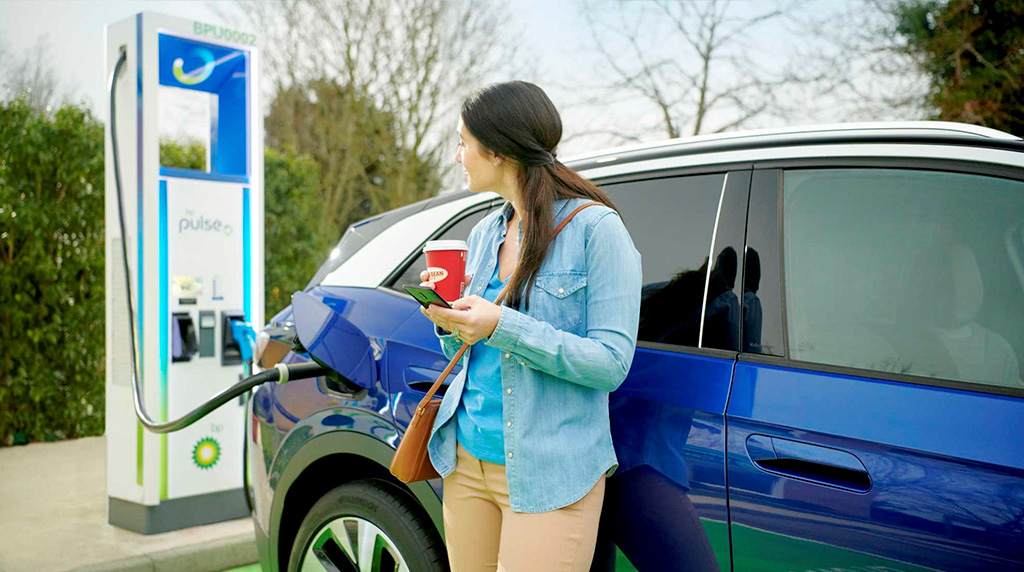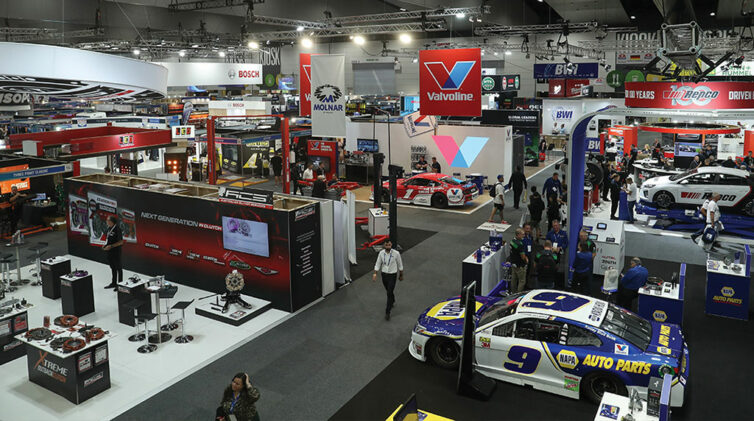The contract, which will provide fast chargers under the BP Pulse name, is for an initial 1000 chargers.
It comes as BP, which plans to grow its global charger network to 70,000 fast chargers by 2030, said its EV chargers are on the cusp of becoming more profitable than filling up a petrol car. It currently has about 11,000 chargers.
EV charging continues to be a loss-maker for major players as they invest heavily in its expansion.
The consulting arm of accounting firm PwC, Strategy&, said that the drive to expand EV charging points has an additional aim of maintaining a strong stream of customers at BP’s petrol stations and convenience stores.
“Historically, many operators have struggled to make money out of EV charging, that’s been like the worst kept secret in the industry,” said Strategy& director Adrian Del Maestro.
“There has been a land grab by charge point operators, including the oil majors, to buy real estate and build infrastructure, with a view to generating growth revenues in the future.”
BP said in an article from London by Reuters that its EV division was not expected to become profitable before 2025. But on a margin basis, BP’s fast battery charging points that can replenish a battery within minutes, are nearing levels they see from filling up with petrol.
BP’s head of customers and products Emma Delaney told Reuters that strong and rising demand for rapid battery chargers in Britain and Europe has already brought profit margins close to those for traditional petrol filling.
“If I think about a tank of fuel versus a fast charge, we are nearing a place where the business fundamentals on the fast charge are better than they are on the fuel,” she said.
Ms Delaney did not disclose profit and loss for EV charging or when overall profit from the business could eclipse traditional fuel.
In 2020 BP reported gross margins for retail fuel sales of $US3.5 billion ($A4.84b). Its customers and products division made $US2.6 billion ($A3.6b) in net profit in the first nine months of 2021, around 17 per cent of the company’s total profit.
BP also said that electricity sales for EV charging grew 45 per cent in the third quarter of 2021 from the previous quarter.
Energy research consultancy, US-based Thunder Said Energy, said traditional fuel retail margin at petrol stations is about US17 cents per US gallon (A23.5c/litre), roughly US0.4c per kilowatt hour (A0.55c/kWh).
“Overall, we see a huge opportunity in fast charging for consumers and businesses, as well as fleet services more generally – that’s where we see the growth, and where we see the margins,” Delaney said.
Rival company Royal Dutch Shell (Shell) has a similar retail business as BP, with fuel sales and convenience stores.
Shell aims to have 500,000 charging points globally by 2025. This month it opened its first ultra-fast EV charging station in London, which can charge 80 per cent of a car battery in 10 minutes.
BP has a slightly different take on the EV charging strategy. Shell is investing in a range of charging technologies including tens of thousands of slower, low voltage, on-street charging points in Britain while BP is focusing on fast and ultra-fast charging technology.
“We’ve made a choice to really go after high speed, on the go charging – rather than slow lamppost charging for example,” Ms Delaney said.
Fast charging, defined as more than 50 kilowatt, and super-fast charging at more than 150 kilowatt, are however expensive to install as they require large investment in heavy-duty power infrastructure.
The big oil majors aren’t alone in the charging battle. Volkswagen subsidiary Electrify America is planning further public charging locations in the US.
Electrify America already operates location-specific next-gen flagship stations in Baker and Santa Clara, California, with plans to open similar spots in Santa Barbara, San Francisco, San Diego and Beverly Hills, California and in New York within Manhattan and Brooklyn during 2022 and 2023.
It said these would be “customer-focused stations created with designs inspired by the surrounding communities” to exist as accommodating environments that employ “spatial, behavioural and emotional layers focused on enhancing the human experience.”
It plans on as many as 20 of the latest DC fast chargers per location. Charging stations located at select shopping locations could offer valet charging and curbside delivery options for added convenience.
Some locations may also offer shopping and dining opportunities that would put the average gas stations’ snack-food fare to shame, the company said.
By Neil Dowling















 Read More: Related articles
Read More: Related articles

